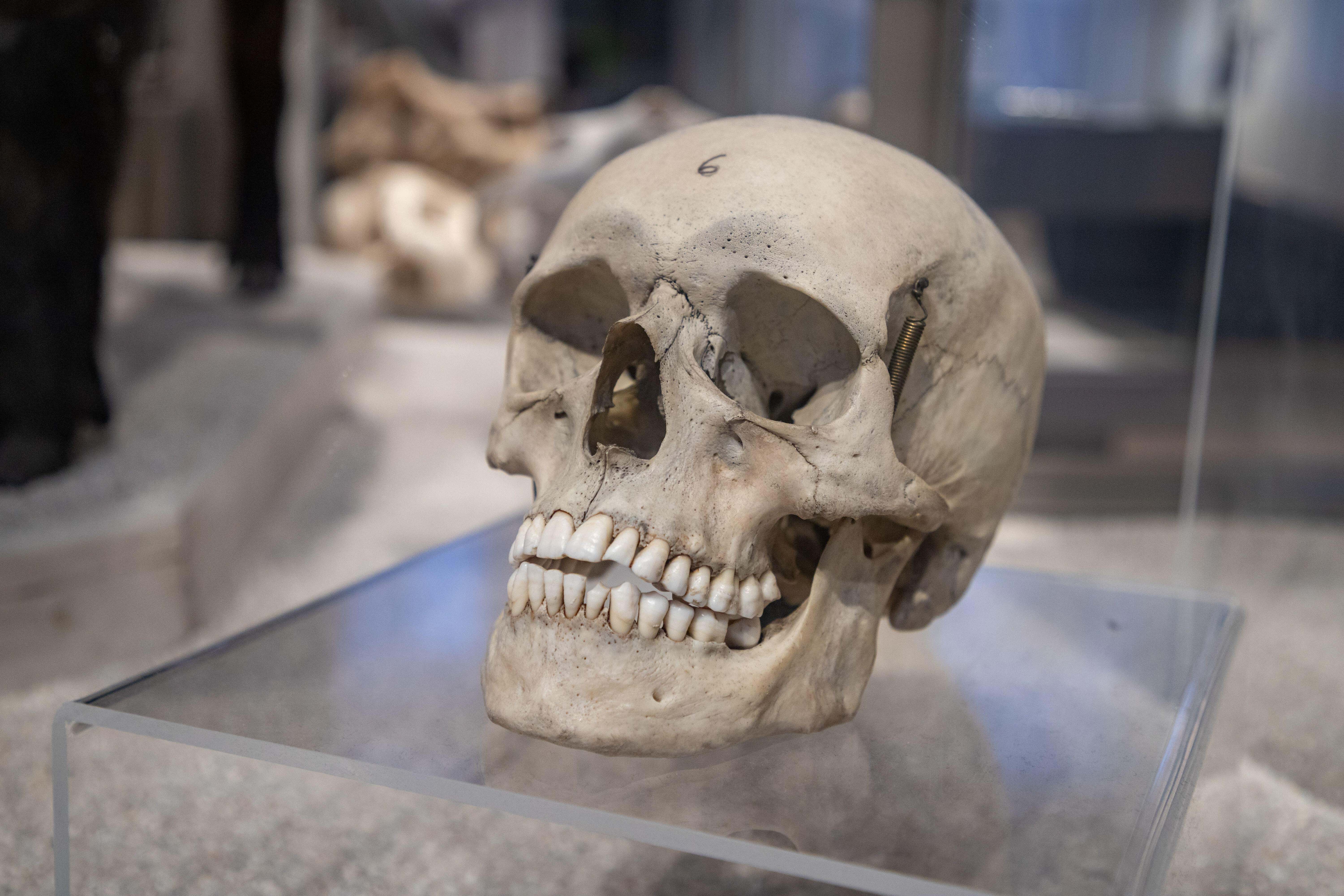Government should close loophole which allows sale of human remains, says MP
Bell Ribeiro-Addy asked the Government to end the sales which she described as ‘depraved’.

Your support helps us to tell the story
From reproductive rights to climate change to Big Tech, The Independent is on the ground when the story is developing. Whether it's investigating the financials of Elon Musk's pro-Trump PAC or producing our latest documentary, 'The A Word', which shines a light on the American women fighting for reproductive rights, we know how important it is to parse out the facts from the messaging.
At such a critical moment in US history, we need reporters on the ground. Your donation allows us to keep sending journalists to speak to both sides of the story.
The Independent is trusted by Americans across the entire political spectrum. And unlike many other quality news outlets, we choose not to lock Americans out of our reporting and analysis with paywalls. We believe quality journalism should be available to everyone, paid for by those who can afford it.
Your support makes all the difference.Instagram, Etsy and Gumtree users could exploit a legal loophole to buy and sell colonial-era human remains, an MP fears.
Bell Ribeiro-Addy told the Commons she had heard cases of body parts sold online and in auction houses, including a human thigh bone turned into a cane, a human jawbone necklace and the varnished skull of a six-year-old.
The Labour MP for Clapham and Brixton Hill asked Deputy Prime Minister Angela Rayner whether the Government would look at ending these sales, which she described as “depraved”.
At the despatch box for Prime Minister’s Questions, Ms Rayner agreed the practice was “abhorrent” and committed to meetings with ministers about “troubling cases”.
Opening Wednesday’s session, Ms Ribeiro-Addy said: “I recently met with members of the British Association for Biological Anthropology and Osteoarchaeology (BABAO) who highlighted a loophole in the Human Tissues Act which allows human remains to be auctioned, frequently disguised as modified items or replicas.
“This is including a foetal skeleton posed under a glass dome, a human thigh bone turned into a cane, a human jawbone necklace and the varnished skull of a six-year-old, often from indigenous communities in Africa and Asia stolen during colonial expeditions.”
The Human Tissues Act 2004 features a ban on buying and selling human material, but there are some exceptions and suppliers can be reimbursed for expenses connected with transporting, preparing, preserving or storing remains.
According to BABAO’s website, the organisation has a trading and sale of human remains task force which, among several aims, looks at “the use of human remains in social media associated with sale, trade and collecting”.
I will ensure that a meeting is made with the appropriate minister to discuss the troubling cases that she raises
It has warned that without moderation, some social media platforms could become “ideal hosts for a wide variety of illicit activity” with “no effort” made to block the same sellers from resurfacing on other platforms.
Ms Ribeiro-Addy asked: “Does the Deputy Prime Minister agree that it is abhorrent for human remains regardless of their origin or age to be sold by auction houses and on social media sites like Instagram, Facebook, eBay, Etsy and Gumtree?
“And will the Government take action to end this depraved practice?”
Ms Rayner replied: “It’s absolutely horrifying to hear the account of what (Ms Ribeiro-Addy) mentions and I absolutely agree that that’s abhorrent.
“And while the Human Tissue Authority strictly regulates the public display of human remains, with fines or imprisonment for breaches, it does not cover sales or purchases. However, I will ensure that a meeting is made with the appropriate minister to discuss the troubling cases that she raises.”